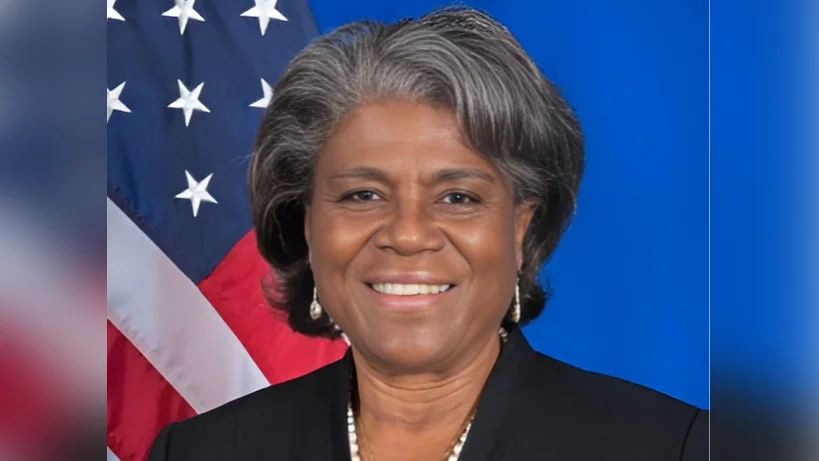The United Nations Security Council recently held a briefing on peacekeeping operations, focusing on the role of police commissioners. The meeting featured comprehensive briefings from Under-Secretary-General Lacroix, UN Police Advisor Shahkar, MINUSCA Police Commissioner Christophe Bizimungu, and UNFICYP Senior Police Advisor Mingzhu Xu.
UN Police play a significant role in peacekeeping by supporting Member States in conflict, post-conflict, and crisis situations. Their involvement is considered cost-effective for international burden-sharing and is increasingly recognized as central to the success of UN Peacekeeping Operations (PKOs).
UN Police contribute to missions through various means such as controlling civil disorder, border policing, training host-country police, protecting civilians, and institutionalizing the rule of law. According to the latest Independent Study on the Future of Peacekeeping, both peacekeeping and UNPOL must adapt to remain effective.
One proposed adaptation is to integrate UNPOL perspectives more effectively into decision-making processes at both UN Headquarters and mission levels. This integration could strengthen strategic planning conversations and ensure recruitment focuses on mission-specific needs.
Another suggestion involves extending UNPOL rotation schedules to strengthen institutional structures at Headquarters. Longer rotations would aid in developing local knowledge crucial for mentoring local police in peacekeeping contexts.
Addressing the demand for UN Police officers remains a challenge as it outpaces the willingness and ability of contributing states to deploy personnel. Specialized training in areas like forensic investigations and organized crime is necessary due to the growing complexity of policing.
Leveraging digital technologies is also vital for enhancing UNPOL's effectiveness in mandate delivery and data analysis. In closing remarks, it was emphasized that "UNPOL continues to show the capacity and willingness to innovate" while maintaining high ethical standards essential for bridging gaps between missions, host state law enforcement, and local communities.
Member States, missions, and the UN Secretariat are encouraged to collaborate in meeting UNPOL’s evolving needs and expectations within its critical role in peacekeeping operations.

